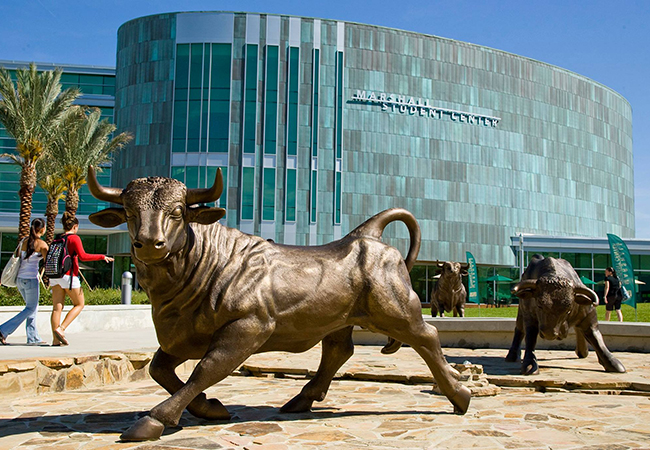University of South Florida Catalogs University of South Florida Catalogs |
|

Ready to Access a Catalog?
Use the University of South Florida Catalog System drop-down box in the upper-right hand corner of this page to select the catalog you wish to view.
Catalog Icon Guide
Powered by Acalog™, our catalog management system contains several helpful features to assist you:
 |
Print-Friendly Format: Print It!
Select this icon to generate a pop-up page formatted to neatly print.
|
 |
Degree Planner Print-Friendly Format: Print It!
Select this icon to generate a pop-up page formatted to neatly print out degree requirements. |
 |
Help: Use It!
Help in using the catalog is readily available by clicking the help question mark icon at the top or bottom of each page.
|
|



